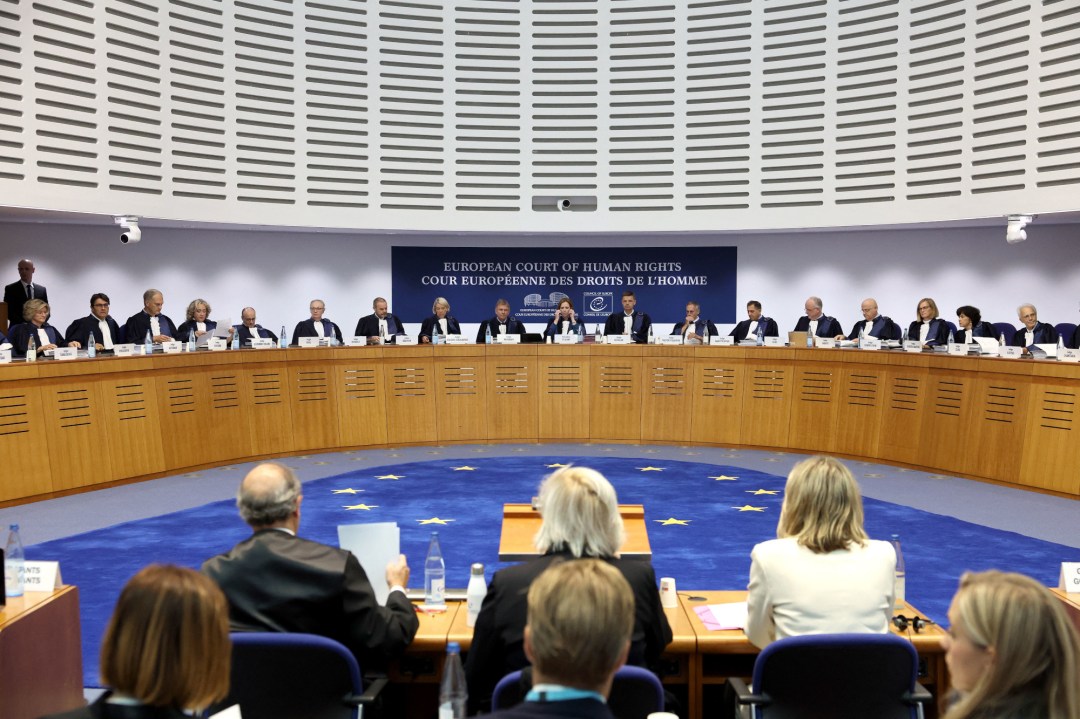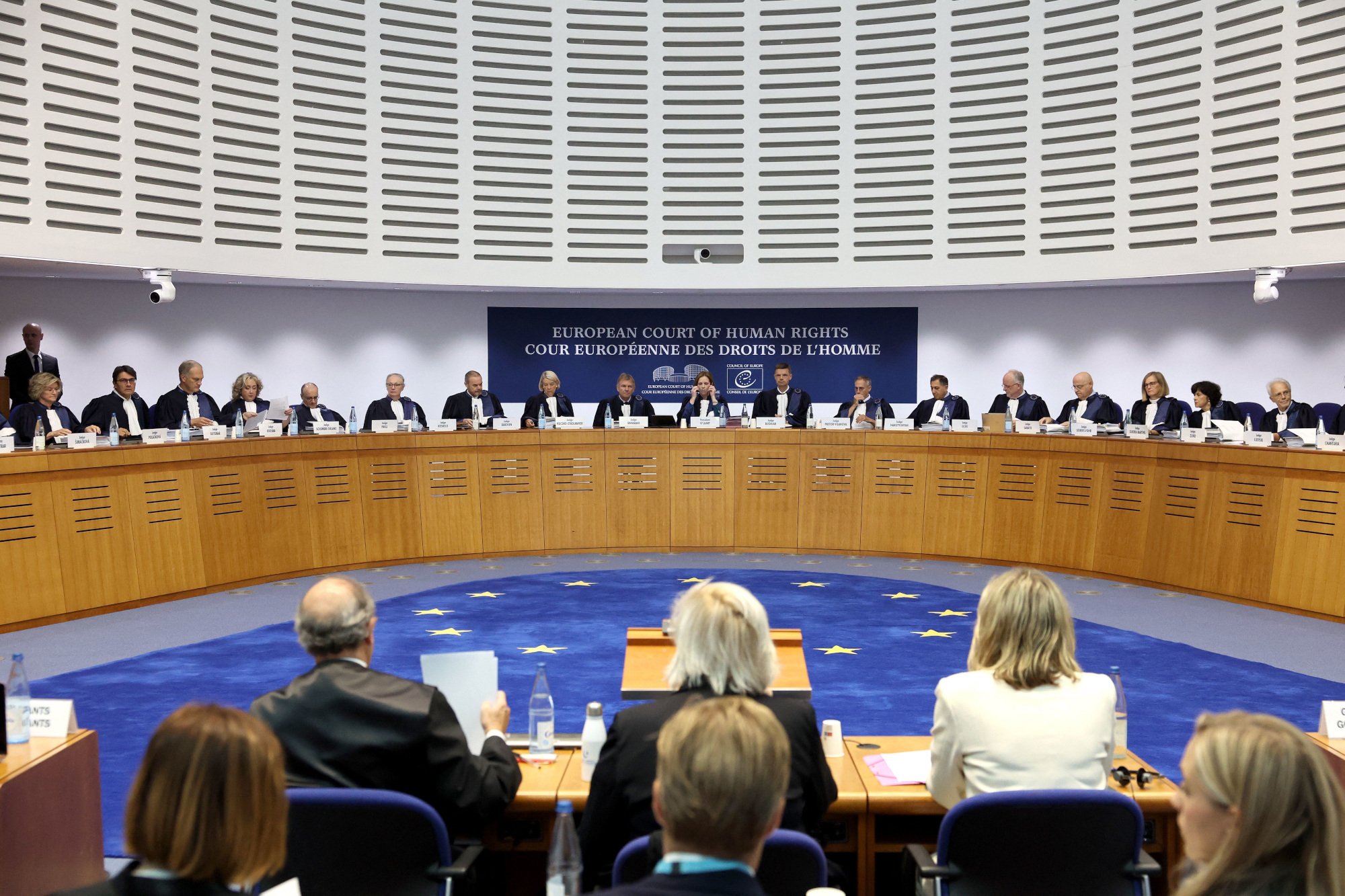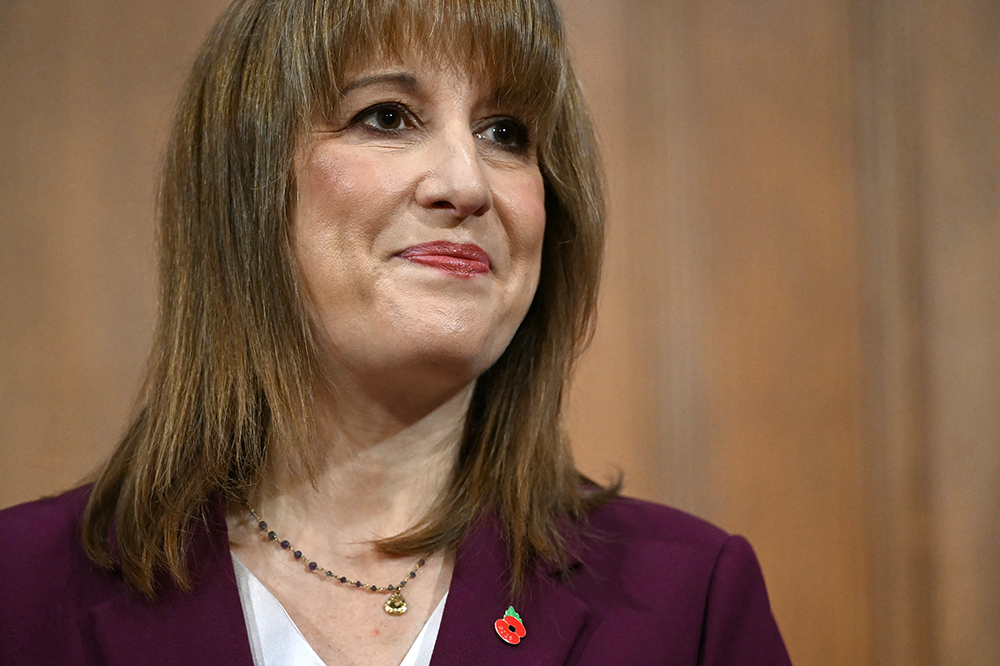Today is the 75th anniversary of the European Convention on Human Rights. In spite of its longevity, the Convention faces a number of challenges, and this is perhaps not the happiest of birthdays.
In the UK the Convention faces a significant challenge. For the first time, both the Conservatives and Reform will enter the next general election pledging to withdraw from it
The development of the ECHR was, in part, a response to the aftermath of the second world war and the serious violations of human rights which occurred during the conflict. Much is made by its supporters of the fact that British lawyers, such as Sir David Maxwell Fyfe (a Nuremberg prosecutor), were heavily involved in drafting it. It is frequently described as ‘Churchill’s legacy.’ However, the truth is more complex.
The UK ratified the ECHR in 1951, but the European Court of Human Rights, which enforces the Convention, was not established until 1959, and Britain did not accept the Court’s jurisdiction for individual complaints until 1965. The right of individual petition became compulsory for all Council of Europe members only in 1998.
The Convention system has a number of unusual features. Its judges are elected by the Parliamentary Assembly of the Council of Europe from a list of candidates nominated by the contracting states.
But perhaps more contentious is the fact that the ECHR is treated as a ‘living instrument’ – interpreted in light of present-day conditions. This has caused concern when the Court is accused of extending rights well beyond the original drafters’ intentions.
Perhaps the first example to cause alarm in the UK was the prisoner voting saga, following the Court’s decision in Hirst v United Kingdom that a blanket ban on prisoners voting breached the ECHR (even though the Convention did not contain an obvious right to vote). It took over a decade to resolve.
More recent examples include the Swiss climate ruling last year, which prompted the (then) UK judge Tim Eicke to comment that his colleagues in Strasbourg had gone beyond what was ‘legitimate’ and ‘permissible’ by finding that the Convention encompassed a right to be protected from serious effects of climate change. Governments have also found rulings by UK courts around disruptive protest and vandalism (justified as freedom of expression and association under the ECHR) rather challenging. You suspect all this would have come as a surprise to the original drafters of the Convention.
Its proponents argue that the living instrument doctrine is valuable, allowing the ECHR to evolve with the times – for example, by protecting LGBT people from discrimination and safeguarding individuals from state power, particularly during the ‘war on terror’. Notable examples include the Court’s judgments against a DNA database and the use of secret evidence to impose ‘control orders’ on terror suspects (a form of house arrest on individuals who had never been charged, or even told the case against them).
Whatever your view on this debate, in the UK the Convention faces a significant challenge. For the first time, both the Conservatives and Reform will enter the next general election pledging to withdraw from it. Both parties now see denouncing the Convention as a means to tackle the issue of illegal migration – an issue which has ever increasing political salience.
A recent legal opinion by Shadow Attorney General Lord Wolfson KC argued that unless the Convention is reformed, the government’s ability to deal with immigration, protests, and to protect veterans from protracted lawfare could be undermined.
Unlike many previous analyses, Lord Wolfson sets out in detail the difficulties the Convention raised. He also proposes a potential solution to the legal issues related to the Good Friday Agreement if the UK were to exit the ECHR.
Last week, 96 Conservative and Reform MPs voted in favour of a ten-minute-rule bill to withdraw from the ECHR, promoted by Nigel Farage. While the vote was symbolic, it demonstrated that the two opposition parties are now willing to cooperate on this issue (the bill was co-signed by Robert Jenrick) and that their direction of travel against the ECHR is crystallising.
Yet a recent YouGov poll suggested that exiting the ECHR has limited electoral appeal. Only 29 per cent of voters favoured withdrawal, with 46 per cent opposed and 24 per cent unsure. It is far from clear that a campaign to leave the ECHR will motivate voters as strongly as Boris Johnson’s pledge to ‘get Brexit done’.
Depressingly, while there is a movement across many European governments to reform the ECHR to address irregular migration, many UK supporters of the Convention wish to resist reform and are wheeling out a familiar, but simplistic, playbook. They ask: ‘which of these rights would you do without?’ and argue that denouncing the Convention would betray Churchill’s legacy.
This suggests they have learned little from the Brexit vote. If the ECHR is to be a living instrument, it must reflect the concerns of European citizens. The question is often not which rights people should do without, but rather what should be done when rights come into conflict. Instead of battling against change, the Convention’s supporters should ask themselves whether pragmatic reforms can make the ECHR fit for the 21st century.
The danger of leaving the defence of the ECHR to purists, like our maladroit Attorney General Lord Hermer KC, is that technical speeches for lawyers on the merits of the ECHR will have little cut-through with the general public.
The polling suggests all is still to play for. But Labour and the Liberal Democrats will have to make a proactive, no-nonsense, case for the Convention if it is to celebrate an eighth decade in the UK.








Comments